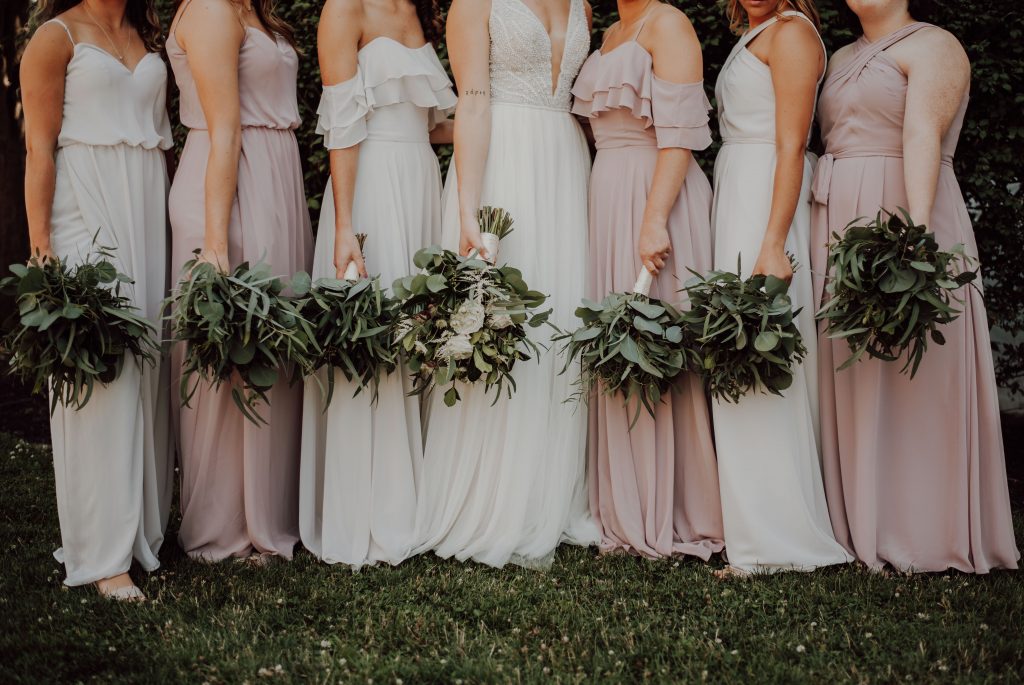Should You Use Также Or Тоже in Russian? Posted by Maria on Jan 23, 2020 in Grammar
One of the questions that came up in the comments was the distinction between то́же and та́кже in Russian. Both expressions can mean “also,” but they are not always interchangeable. This post will look at some common scenarios where you might use these phrases.
Та́кже
а та́кже — as well as
This usage is pretty straightforward. А также adds another piece of information within the same sentence. Think of it as a fancy way of saying и. It is not used to add a complete clause. Note that the expression is always а также, not и также.
- Эта програ́мма предназна́чена для малоиму́щих, а та́кже безрабо́тных (This programme is aimed at low-income people as well as the unemployed).
та́кже — bookish way of introducing additional information about the same subject
Также is a fairly formal way of giving additional information about the same person or thing.
- Светла́на име́ет сте́пень бакала́вра в о́бласти междунаро́дных отноше́ний. Она́ та́кже име́ет сте́пень маги́стра эконо́мики. (Svetlana has a bachelor degree in international relations. She also has a master degree in economics.)
Here’s both sentences are talking about Svetlana. We are adding more information about her. We cannot use тоже in these cases. In informal speech, ещё may express the same idea. In writing, кро́ме того́ can be used. Both of these phrases come at the beginning of the sentence. The following sentences are equivalent to the second sentence in the example above:
- Ещё она́ име́ет сте́пень маги́стра эконо́мики.
- Кро́ме того́, она́ име́ет сте́пень маги́стра эконо́мики.
Также should not be confused with так же (two words). Так же means “to the same degree” or “in the same manner” and may be followed by adverbs of manner or intensity.
- Она́ оде́лась так же, как я (She dressed the same way as I did).
- Э́та фи́рма пла́тит так же хорошо́, как конкуре́нты (This company pays as well as its competition).
То́же
то́же — finding a point of similarity with a different subject
Here, instead of adding more information about the same person or thing, we are talking about a different person or thing that shares something with the first one.
- Я живу́ в Ми́нске. Моя́ сестра́ то́же живёт в Ми́нске. (I live in Minsk. My sister lives in Minsk, too.)
- Ты говори́шь по-туре́цки. Я то́же говорю́ по-туре́цки. (You speak Turkish. I speak Turkish, too.)
Note that in the examples above, perhaps confusingly, it is possible to use также instead of тоже. It would just sound a bit formal and stilted.
What you cannot do is keep talking about the same thing/person and use то́же to add more information: Я люблю яблоки. Я тоже люблю груши. Some correct options for this idea are:
- Я люблю́ я́блоки. Я та́кже люблю́ гру́ши. (I like apples. I also like pears. — a bit bookish)
- Я люблю́ я́блоки. Ещё я люблю́ гру́ши. (more conversational)
To say, “me too” when you agree with something, you would use тоже.
- — Мне нра́вится о́сень. — Мне то́же. (— I like autumn. — Me, too.)
То́же (one word) should be distinguished from то же, an expression meaning “the same.” Sometimes you will see то же са́мое.
- Это то же пла́тье, в кото́ром она́ хо́дит на рабо́ту (This is the same dress that she wears to work).
- Мне надое́ло ка́ждый день есть то же са́мое (I’m tired of eating the same thing every day).
I hope this post helped you get a better idea of how to use тоже and также. Check out an earlier post on the same subject, too!

Build vocabulary, practice pronunciation, and more with Transparent Language Online. Available anytime, anywhere, on any device.






Comments:
Lulu:
Very clear explanation ! Thank you ! 🙂
Maria:
@Lulu Thank you, Lulu! Glad you found it helpful.
Joseph Lynch:
Maria: Thank you very much. This explanation was very clear. Also, it was very helpful. – – – Joe Lynch